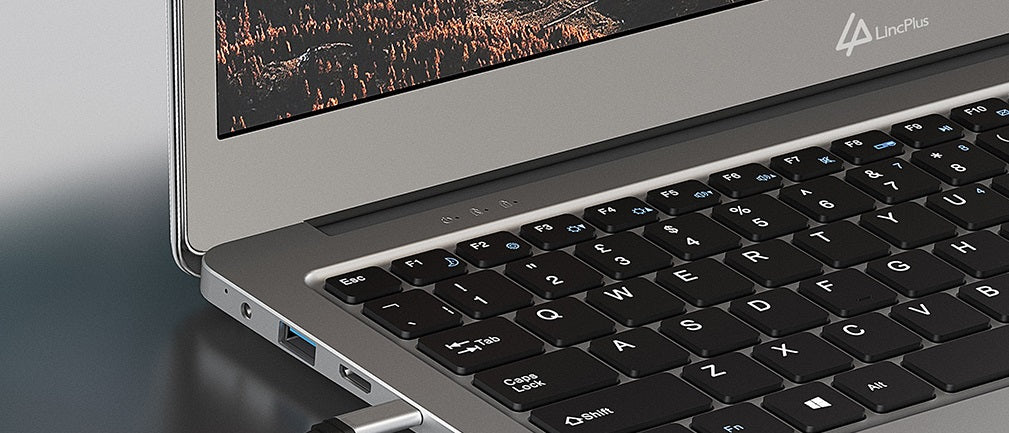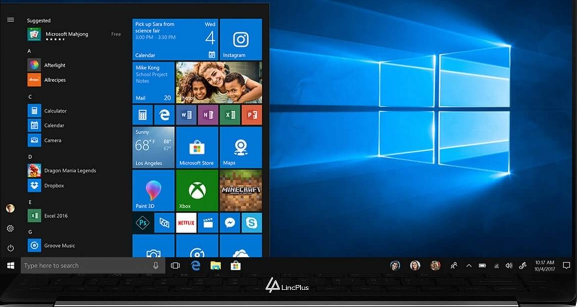If your laptop or tablet is slow, then your productivity will be greatly reduced. Therefore, many people look for solutions on how to make laptops and tablets run faster. As follows are a few techniques to speed up your laptop and tablet PC.
Hence, if you have a lot of programs set to launch automatically when you turn on your laptop or tablet, it will take longer to boot up and respond to your commands.
As a result of this operation, the hard disk is spared and file opening is faster. Data blocks are used to hold all data on a hard drive. As files are destroyed or modified, gaps between data blocks are produced, which are then reordered through defragmentation.
SSDs are used in the majority of modern laptops, either in SATA or NVMe form, since they are more resilient, lighter, and consume less battery power than hard drives. Even if you have an SSD, it may be worthwhile to upgrade, especially if you consistently receive warnings that your storage is full.
1. Disable any superfluous programs
You install a lot of programs on a laptop or a tablet during the course of its use, some of which you may merely want to try out or stop using altogether. Yet every new piece of software might cause your device to run much slower. So it's necessary to remove useless applications.2. Put an end to startup software
When you switch on your laptop and tablet computer, a number of apps called "startups" will launch immediately. They'll stay active in the system tray, using up valuable system resources.Hence, if you have a lot of programs set to launch automatically when you turn on your laptop or tablet, it will take longer to boot up and respond to your commands.
3. Defragment the laptops and tablets
Defragmentation is a simple method for making your laptop or tablet speedier. Defragmentation stores files that belong together consecutively, making the "space" on the hard disk more efficient.As a result of this operation, the hard disk is spared and file opening is faster. Data blocks are used to hold all data on a hard drive. As files are destroyed or modified, gaps between data blocks are produced, which are then reordered through defragmentation.
4. Disk cleaning automatically - removing the cache
The cache is a type of temporary memory that stores program data so that it may be retrieved more rapidly. But, over time, a large amount of data trash might develop in the cache, slowing down the machine. This cache should be cleansed on a regular basis to avoid overburdening the system and to make the laptop and tablet speedier again. This is accomplished through a process known as disk cleaning.5. Determine if you need additional storage
Storage is vital for your laptop and plays an integral role in its performance and speed. In order to complete a job, your CPU will retrieve a file from your hard drive when necessary.SSDs are used in the majority of modern laptops, either in SATA or NVMe form, since they are more resilient, lighter, and consume less battery power than hard drives. Even if you have an SSD, it may be worthwhile to upgrade, especially if you consistently receive warnings that your storage is full.
6. Install a solid state drive
Installing a solid state drive (SSD) is the best approach to increase performance on any older Windows laptop or Windows tablet computer still using a standard hard disk drive. While HDDs offer greater storage capacity at a lesser cost, installing an SSD may make your device significantly quicker at loading programs and writing information.7. Install additional RAM
If you have an older PC, it may not have enough memory to efficiently run newer software. However, if you run many apps concurrently, you may not have enough Random Access Memory (RAM) to continue. Adding extra Memory might provide the necessary increase.8. Keep it clean and dust-free
A laptop's or a tablet's performance might be negatively impacted by dust and filth. Physically cleaning your portable computer on a regular basis may improve its performance and prevent it from overheating.9. Uninstall malicious software
Malicious softwares are designed to harm your laptop and tablet computer. Malware might be the cause of sluggish system performance in some instances. Antivirus software is not just useful for blocking viruses, but also for blocking other risks. There are credible no-cost alternatives, so there's no reason to go into debt over it.10. Upgrade Windows regularly
It is crucial that you update your laptop/tablet computer frequently. These updates and fixes will keep your laptop and tablet PC running at peak performance and protect it from any threats.11. Make the investment on a new laptop/tablet
After exhausting all other options, you may want to consider investing in a new laptop or tablet, despite the fact that doing so is a large endeavor. There are a number of moderately cost, high-performance laptops and tablets available today. Consider LincPlus budget Windows laptops and tablet PC to replace your old devices.Knowing how to speed up your laptop and tablet PC may be a useful ability, given that even the most advanced systems occasionally have latency. However, there is no need to make big changes to speed up a sluggish laptop or tablet PC. A few easily implemented changes might have a dramatic and immediate effect.




1 comment
Buy best laptop from top brand
Making your laptop run faster is quite important. Thank you very much for sharing this post here. There can be issues with storage that can cause your laptop run slower. Keep posting!
Leave a comment
All comments are moderated before being published.
This site is protected by hCaptcha and the hCaptcha Privacy Policy and Terms of Service apply.